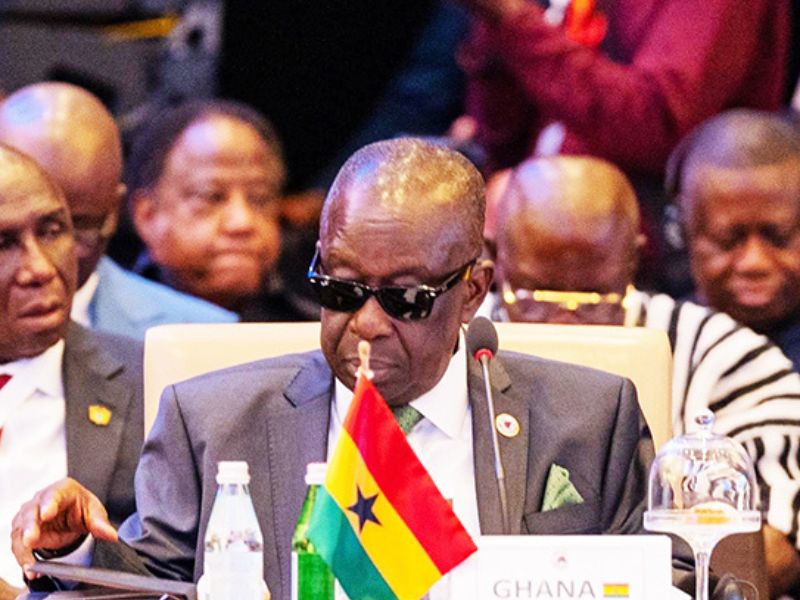Minister for National Security, Albert Kan Dapaah says accountability institutions in the country are not independent enough to hold the government responsible, despite the importance the 1992 Constitution attached to their establishments.
Hitherto, he said these institutions are assigned with the duty to hold the government accountable on behalf of the larger society.
He made the comment while contributing to discussion at the Ghana Centre for Democratic Development (CDD-Ghana) 17th Public Lecture, ‘Kronti ne Akwamu’, an Akan symbol for concepts or aphorisms, in Accra Tuesday, November 22, 2022.
The lecture was held under the banner: “The evolution of the civic space in modern Africa democracy.”
Sharing his thoughts on the theme, the Minister said while the constitution acknowledges the important role played by Civil Society Organizations (CSOs) to hold the government accountable, not much can be said about the anti-corruption bodies established by the state.
“Indeed, our constitution realised the need for accountability and setup a number of institutions. Our laws had also established a number of accountability institutions to hold the government accountable.
“But what you will realize in practice is that most of these institutions that have been setup either by the Constitution or by Acts of Parliament really do not have the independence that is needed for them to hold [the] government accountable in the interest of the society. What they really need is not money, it is independence. You really need to be independent of governmental institutions…”
It was his assertion that governments must be held accountable and for good governance to thrive “we need a group of people who will hold government accountable.”
He noted that in democracies that do not have space for CSOs is doomed, therefore, the CSOs and non-state actors should not leave governance to political actors alone but see themselves as part of the governance system.
Respect for the Government
The minister also admonished CSOs to have respect for the government and avoid the perception the government officials have the tendency to be corrupt, lack expertise and are worthless: “The problem is most that most Civil Society Organisations have no respect for government; they think we are corrupt, we don’t have brains [and] we are just useless. I think that is not good. Obviously that is not true. I think we can help our country better if the two of us work together.”
The Lecture
The 17th annual ‘Kronti ne Akwamu’ democracy and good governance lecture was delivered by the CDD-Nigeria Director, Idayat Hassan.
According to her, while the civic space continues to evolve, so as governments are placing barriers to restrict CSOs operations across the globe, due to growing insecurity and other factors deemed threats to statehood.
She added that at a time democracy have seen some stability in the West African region, history at the other end was repeating itself with six successful coups and two failed ones and it is coupled with uptick of militarized non-state actors in the sub-region.
Ms Hassan indicated that while the region is sail against these strong winds of challenges, CSOs have managed to chalk some successes to their credit and these include constitutional and electoral reforms.








